BUXTON: Why pre-season is as much about shaping drivers as shaping cars

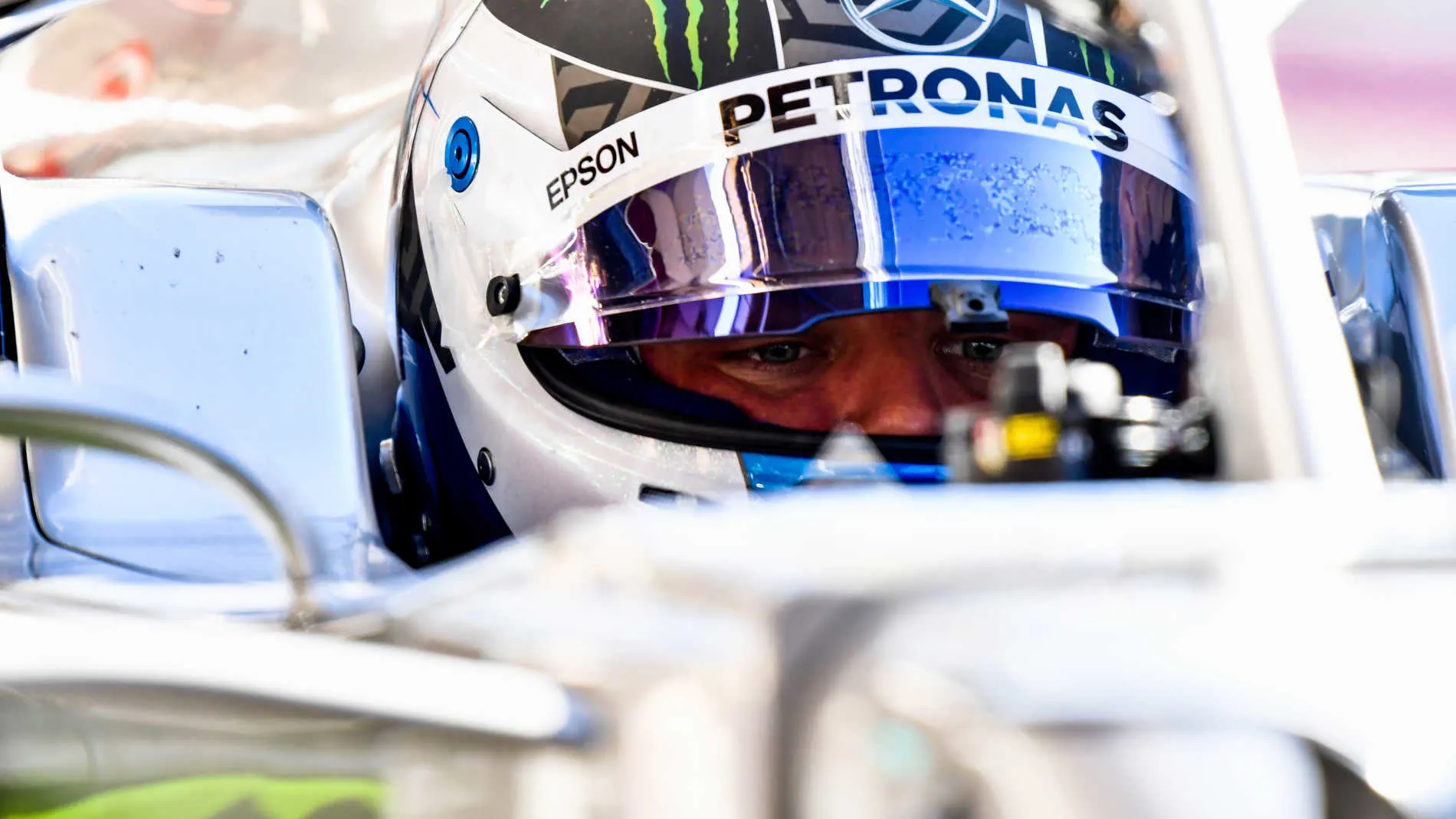
For a sport built on speed, change in Formula 1, it is often said, occurs at glacial pace. Turning the ship is, well, like turning a ship. Look back at any political argument in the sport’s history, any rewriting of the constitution that binds its members together or the regulations under which they race. Look at how long bosses are given to pull once-mighty squads back to competitiveness. Teams are built, cars evolve. This game is not, and has never been, the making of a moment.
With a month until pre-season testing begins for Formula 1’s 70th anniversary year, we find ourselves in one of my favourite parts of any season. The story arc of the championship recently passed has finally settled, and before we have any inkling of whose car looks like what, there exists a rare moment of relative calm. For us, at least. Deep inside the Formula 1 factories of the world, not a minute is wasted in the complex schedule of the creation of the new cars which will start to break cover in a fortnight.
What’s of equal, if not slightly greater interest to me at this time of year, however, is how the drivers themselves are shaping up for this new year. For while the benefit of race experience and limitless data has helped form the soon-to-be unveiled cars for the 2020 season, so all that 2019 threw at the squishy bit between the engine and the pedals will have affected how they turn out for the start of the new year.
READ MORE: How the drivers have spent their winter breaks so far
Each one has their own particular means of approaching the winter. No two are the same. And no one method is absolutely correct. What works for one human being will not work for another.
But can a driver, like a car, be completely reborn from one year to the next?
Refilling the tank
Valtteri Bottas is, perhaps, a good starting point. Much was made of Valtteri 2.0 in 2019 and the winter training he had put in not only rallying back at home in Finland, but taking himself away to the brutal and punishing climes of Lapland for an intensive reset. It worked, too. The beard was the physical representation of the change in the man, but we witnessed it first-hand on track, too. A win straight out of the box and heavily against expectation, even Lewis Hamilton admitted he’d had to re-up his game to contend with the new version of the Valtteri he’d known.
But then came the tail-off, and a slump of sorts. At the point at which Hamilton stepped it up, could Bottas find the extra in reserve to match that challenge? Ultimately one could argue not, and yet the fact the championship was only decided with a few races remaining and that Bottas ended the year on a brace of form would suggest he had found his footing and got back to the driver he was in Melbourne.
And all this, we must make clear, whilst undergoing a seismic rupture in his personal life. If Valtteri 2.0 could contend with all of that, one wonders who will emerge from the ice and snow in 2020.
Evolution not revolution
The human condition sees us all constantly developing. Rare is the occasion on which anyone will change in a sudden and wholesale manner. Change is gradual. We are all evolving, learning, growing. The turning of the ship is as true for a racer as it is for his race car. And what we see manifest in the man likely has a far longer backstory than the occasion on which we notice the change.
Take Max Verstappen. Sure, Monaco 2018 might now appear to be the Eureka moment that finally rammed home the lessons that shifted him from fast but wild into the team leader we know today, but that one singular moment would have done little to impact the youngster had his litany of earlier missteps not been made. The change was already underway, even if that final wake-up call finally cemented the need to adapt.
A driver manager who looked after one of the sport’s more crash-prone drivers once told me he’d much rather have a fast but wild driver on his books. The excesses, he argued, could be tamed and you’d just make do with the occasions on which the propensity towards the idiotic dared to raise its head again. That, you could cope with. That, you could work with. But you couldn’t make a slow driver any faster.
It’s the relapse of course, the moments where the old version threatens to creep back, that are the worry. And it’s in these windows that we see whether the change was real, long term and well founded, or merely surface.
Finding the reset button
Pierre Gasly trained like hell for his challenge as Verstappen’s team mate in 2019, yet before we’d even got to Melbourne the chinks were starting to show. The testing crashes knocked his confidence, and for the first time having the Dutchman as his sole barometer, the reality of the task and of Verstappen’s absolute quality came to bear. The constant hits and the underlying questions only served to knock him continually back to the floor. Only on returning to the fold of Toro Rosso could he find the space to rebuild himself, inarguably finishing the season far stronger mentally than at any time in his career to date.
Dany Kvyat knows that path only too well, and the first time around suffered terribly under the pressure of the situation. There is no small irony in how little time Red Bull’s drivers are given to prove themselves when we take it as an accepted part of the game that everything in this sport takes time. Indeed, Christian Horner and Franz Tost are the longest serving team bosses in the paddock. Management and race drivers, it seems, have very different levels of expectation.
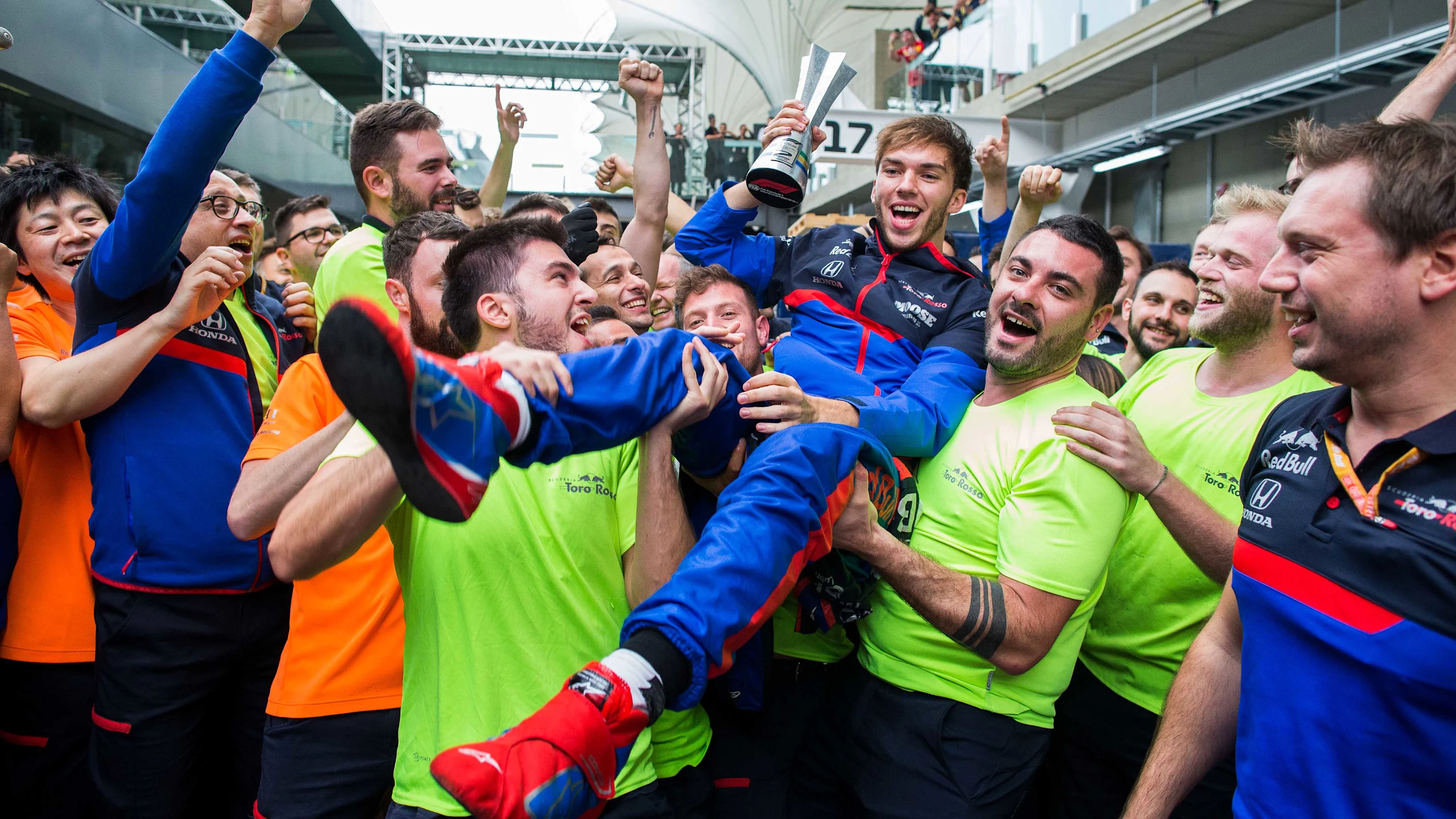
A winning approach
Yet how a racer changes himself depends ultimately on who the racer is. Lewis Hamilton recently commented he would return as “a machine in 2020,” an ominous warning to his rivals from a sportsman who many would argue is already operating at a level that is simply unattainable for the majority of his peers. He seems to have so much in reserve that for anyone to consistently outperform him, they will need not only to have evolved and grown over the year before and the winter leading up to this new year, but to have the ability to continually develop within the season.
Just as anyone who wants to take the fight to Mercedes will have to out-develop them, so any racer who wants to beat Lewis will have to hold the ability to not only get up from the canvas, but to do so stronger and better than when they hit the mat.
READ MORE: Consistency key to fighting Hamilton for 2020 title – Bottas
The world champion appears to have spent his winter surrounded by family and fresh snow. Here is a racer who with each passing weekend seems able to consistently raise the bar and to produce a previously unseen level of excellence. A lot of that has come with age, and acceptance of self, but also the openness to consistently adapt, grow and learn. Perhaps most of all, though, it has come in his finding his feet away from the sport.
While many decried his travel to fashion shows and parties as being unbecoming of a professional sportsman, to my mind it makes him the most potent he’s ever been. The sport for him nowadays is fun. It may even be his way of relaxing away from the business arm of his global brand. Just imagine how strong a force that makes him. That he’s turning up and winning championships… for fun.
How on earth do you beat that?
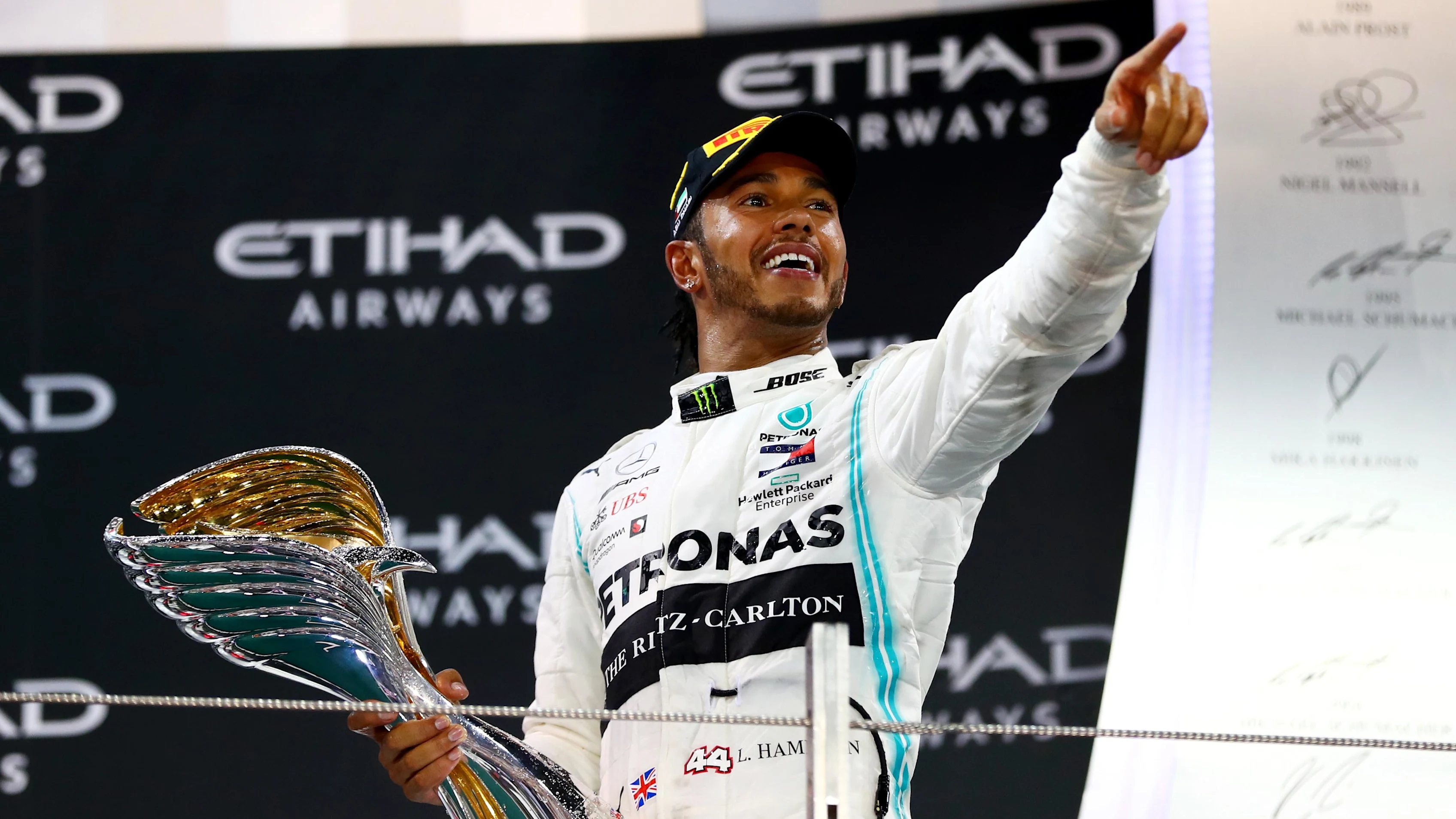
New season, new unknowns
Who returns strong? Who returns evolved and refreshed, a new version of the racer we knew? Who returns so apparently changed only to be knocked off their feet at the first sign of trouble, and thus not changed at all?
As with the cars themselves, those that stand the best chance of success and genuine change will be the ones who have been working on it the longest. In this game, nothing is the making of a moment.
Next Up
Related Articles
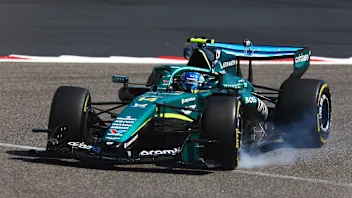 Honda issue statement amid Aston Martin’s test struggles
Honda issue statement amid Aston Martin’s test struggles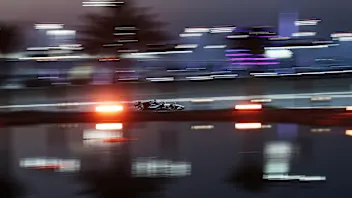 What we learned from Day 1 of the second Bahrain test
What we learned from Day 1 of the second Bahrain test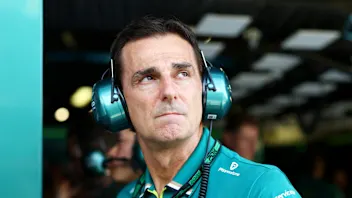 Aston Martin ‘not where we want to be’ – De la Rosa
Aston Martin ‘not where we want to be’ – De la Rosa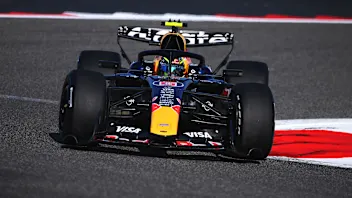 Red Bull feel they are only the fourth-fastest team
Red Bull feel they are only the fourth-fastest team/16x9%20single%20image%20-%202026-02-19T145811.359.webp) AS IT HAPPENED: Day 2 of the second pre-season test in Bahrain
AS IT HAPPENED: Day 2 of the second pre-season test in Bahrain HighlightsCatch the action from Day 1 of the second Bahrain test
HighlightsCatch the action from Day 1 of the second Bahrain test